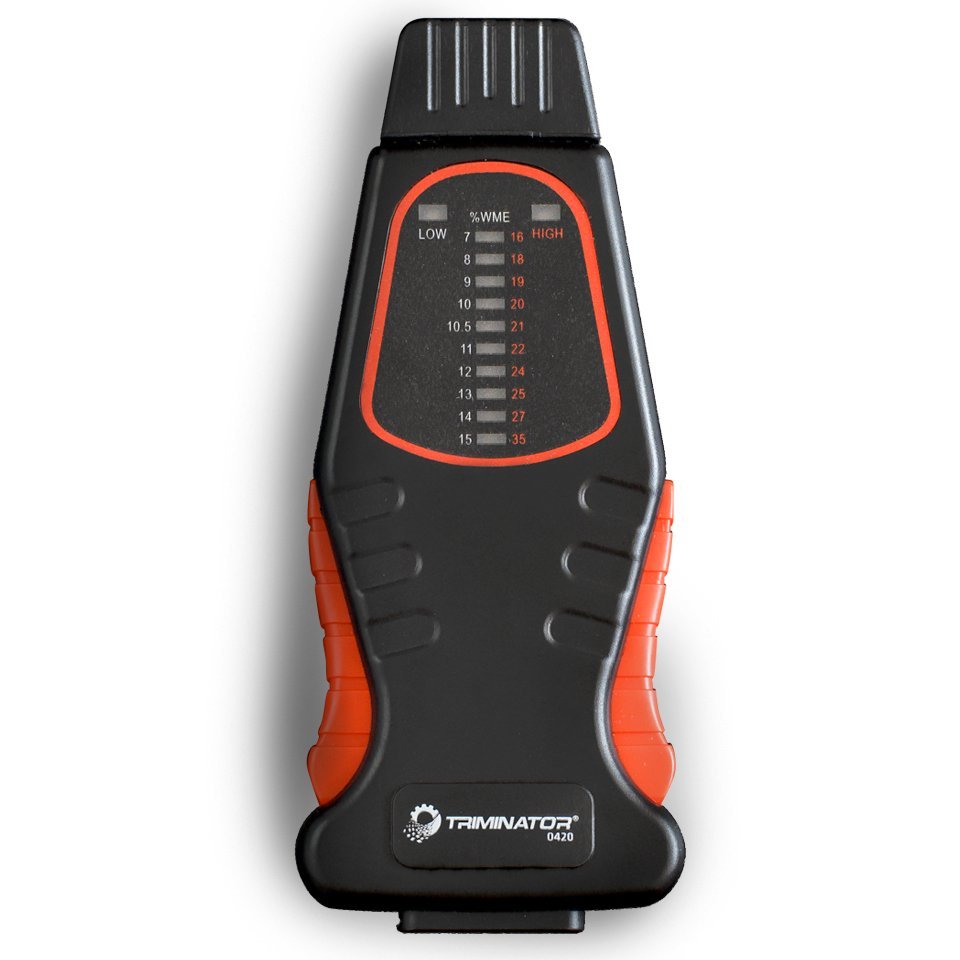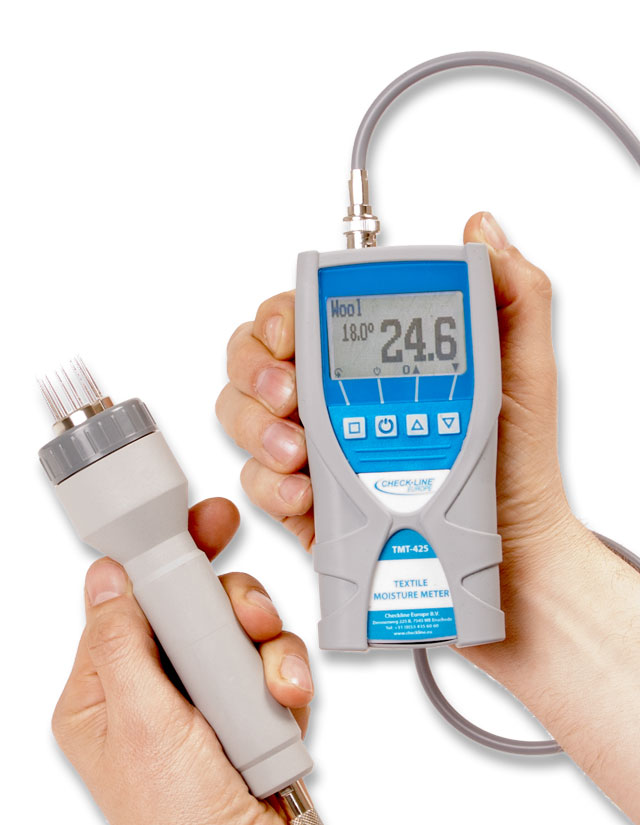Top 10 Advantages of Using a Moisture Meter for Precise Measurements in Your Home
Top 10 Advantages of Using a Moisture Meter for Precise Measurements in Your Home
Blog Article
The Ultimate Overview to Moisture Meters: A Comprehensive Overview and How They Can Conserve You Money
In the realm of structure upkeep, building, and various sectors, the value of properly determining moisture degrees can not be overemphasized. Wetness meters work as indispensable tools in discovering and checking moisture web content in products, aiding in stopping expensive damages and ensuring the top quality of items. Comprehending the subtleties of various sorts of moisture meters, their applications, and the potential cost-saving benefits they use can be a game-changer for specialists and organizations alike. Uncovering exactly how these gadgets can not just enhance processes yet additionally add to financial cost savings is a journey worth embarking on.
Kinds Of Moisture Meters
One common kind is the pin-type dampness meter, which determines the electrical resistance in between two pins inserted right into a product. Pinless moisture meters, on the other hand, usage electromagnetic sensor plates to check a bigger area without creating damage to the material's surface area.
Additionally, there are also specialized dampness meters made for particular products like grain, hay, or dirt. These meters supply accurate dampness readings customized to the distinct buildings of the material being evaluated. Infrared dampness meters gauge the thermal properties of a material to establish its moisture content non-invasively, making them helpful for applications where pin or pinless meters might not appropriate. Understanding the different types of wetness meters offered can help markets pick one of the most appropriate device for their specific wetness dimension needs.

Advantages of Using Moisture Meters

In addition, utilizing dampness meters can lead to increased power effectiveness. By determining locations with high wetness levels, such as leakages or bad insulation, modifications can be made to boost power preservation and decrease utility costs. In agricultural setups, dampness meters play a vital function in enhancing plant yields by enabling farmers to keep track of soil wetness levels and make informed watering decisions. Overall, the advantages of using dampness meters cover across different markets, providing cost-effective remedies and promoting better quality assurance techniques.
Exactly How to Choose the Right Moisture Meter
Choosing the appropriate dampness meter entails thinking about crucial variables such as product compatibility, measurement array, and calibration accuracy. When selecting a wetness meter, it's necessary to make sure that the meter appropriates for the details material you will certainly be testing. Various products have varying electric properties that can influence wetness readings, so choosing a meter developed for your product is vital for exact results. In addition, take into consideration the measurement range of the dampness meter. Ensure that the meter can spot moisture degrees within the array required for your applications. Calibration accuracy is one more important factor to bear in mind (Moisture Meter). Choose a dampness meter with dependable calibration to make sure consistent and exact readings. Some meters may call for periodic calibration changes, so understanding the calibration procedure is important. By meticulously evaluating these elements, you can choose a dampness meter that fulfills your demands and offers accurate dampness dimensions for your tasks.
Correct Techniques for Moisture Meter Use
To make certain accurate moisture analyses and optimize the effectiveness of a moisture meter, employing correct techniques is vital. When utilizing a pin-type moisture meter, put the pins or probes right into the material being tested till they make full get in touch with. Guarantee the pins are vertical to the surface area to obtain the most precise analysis. For pinless dampness meters, hold the gadget flat against the material and relocate slowly to cover the whole location for an ordinary reading. It's critical to calibrate the moisture meter according to the material being examined to improve precision. Take numerous readings across the surface and average them out for a more reputable result. Furthermore, make certain that the material being examined is acclimated to the environment to stop manipulated readings. Routine upkeep of the dampness meter, such as cleaning the pins or sensing unit, is likewise crucial to make sure accurate and regular analyses. By adhering to these appropriate methods, users can rely upon their moisture meter to provide reliable moisture levels, assisting in preventing pricey damage or making sure top quality in numerous applications.

Expense Savings Through Moisture Meter Applications
Just how can the strategic usage of moisture meters lead to considerable price financial savings across various industries? In the farming market, wetness meters help look at more info in establishing the optimal time for collecting plants, preventing excess or over-drying wetness that can affect the last item's high quality.

Furthermore, in the food processing sector, dampness meters are essential for keeping an eye on product top quality and guaranteeing compliance with security laws. By properly measuring wetness web content in foodstuff, manufacturers can stop wasting, preserve freshness, and minimize waste, leading to click to read considerable price savings. In general, the calculated application of wetness meters is a beneficial financial investment that can result in substantial cost decreases and improved efficiency throughout different markets.
Final Thought
In final thought, wetness meters are beneficial tools for measuring and finding moisture levels in various materials. By using the best dampness meter and following correct techniques, customers can properly stop costly problems triggered by excess moisture.
Moisture meters offer as important tools in discovering and keeping track of moisture material in materials, assisting in preventing expensive problems and making sure the quality of products. Infrared moisture meters determine the thermal residential properties of a material to determine its moisture web content non-invasively, making them useful for applications where pin or pinless meters may not be suitable.Moisture meters offer important benefits in properly keeping track of and assessing wetness degrees in diverse materials and atmospheres. In agricultural setups, moisture meters YOURURL.com play an essential role in enhancing crop yields by allowing farmers to keep an eye on soil dampness levels and make educated irrigation choices.In final thought, dampness meters are beneficial devices for measuring and discovering dampness levels in numerous products.
Report this page